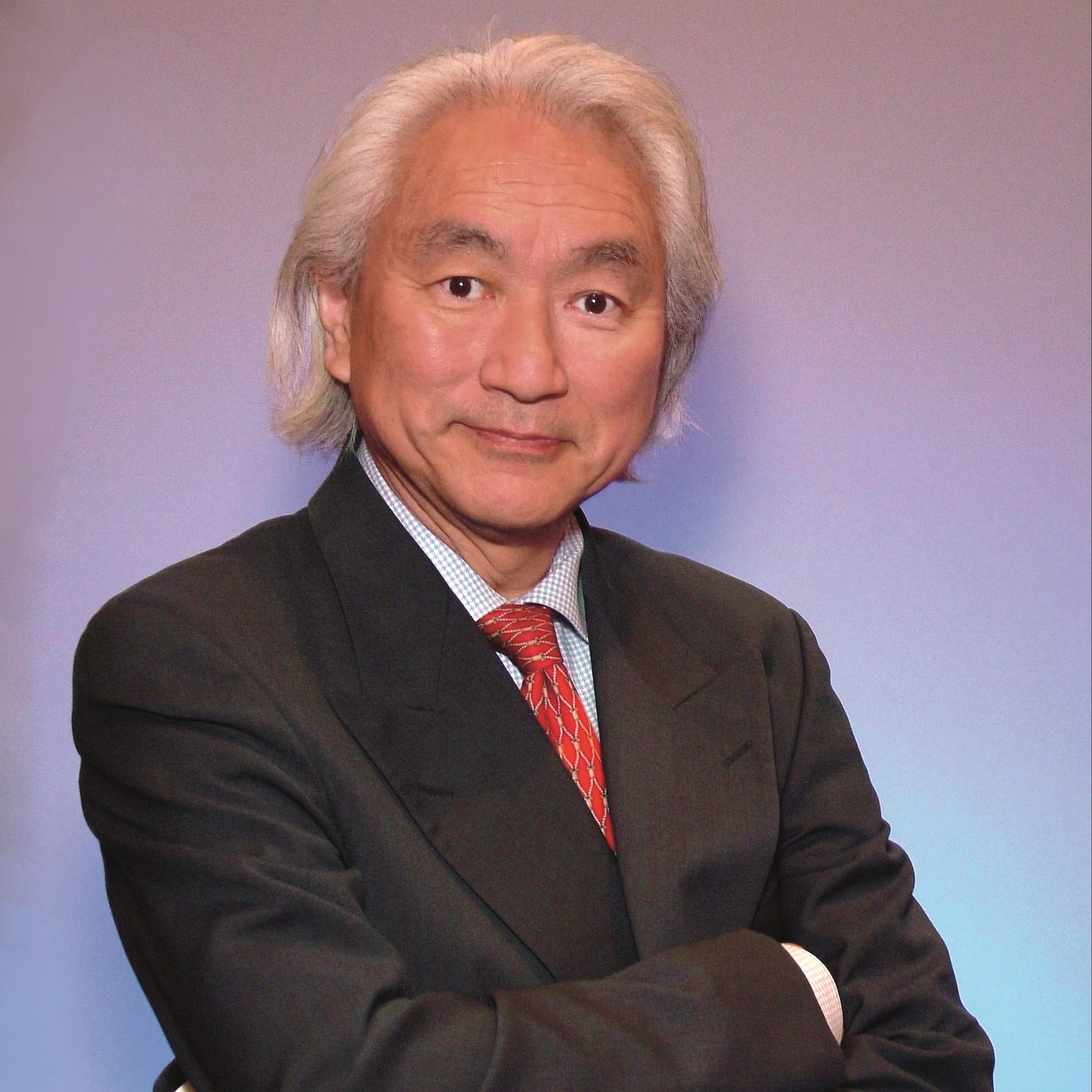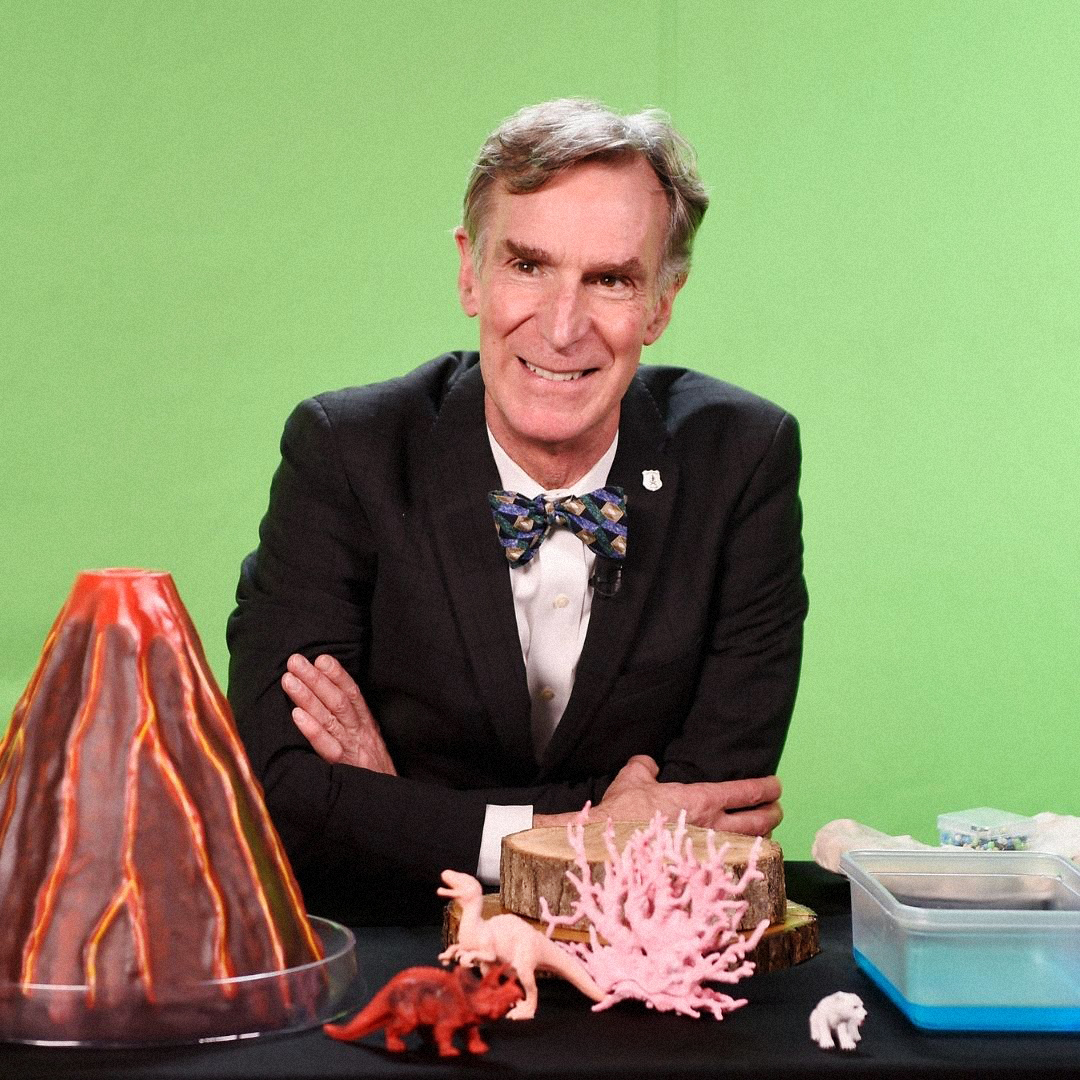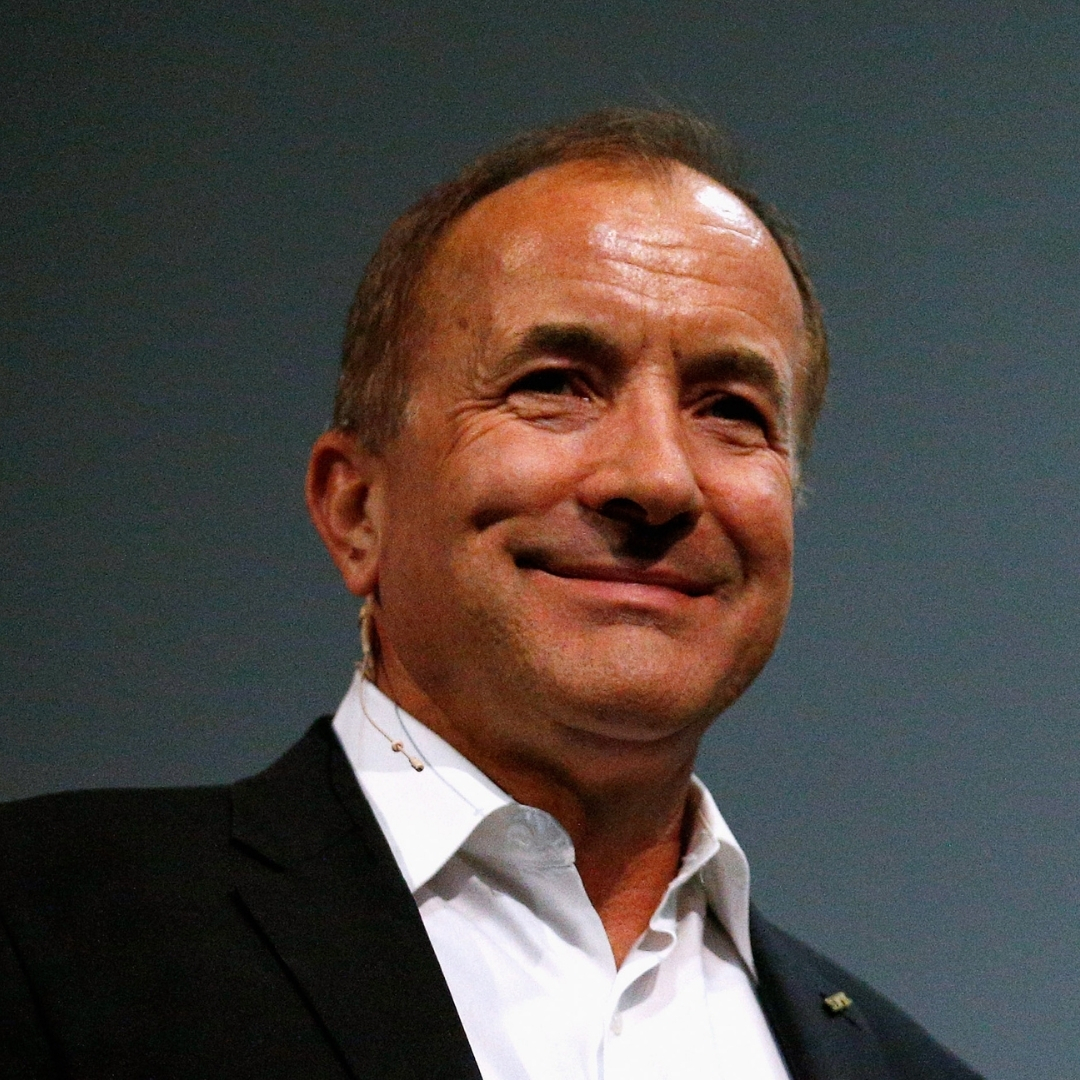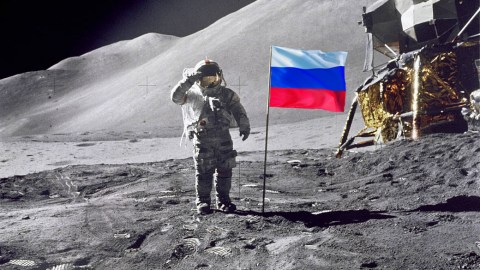Why are there conspiracy theories?
Stolen elections. Phony pandemics. Faked moon landings. Lizard people. It’s not just Americans who love a good conspiracy theory; it seems to be a trait shared by humans everywhere. It is a curious paradox that in the Age of Information — when all of our acquired knowledge is available at the click of a button or the tap of a screen — that we should choose to believe lies and fiction rather than truth and facts. Why? The answer involves a combination of psychology, widespread distrust, and malevolent actors. Propaganda has existed since humans were able to speak and write, but now, those lies can circle the globe within seconds. Here, we tackle one of the hardest problems facing the world today: how to inform a public that prefers to be misinformed.
“It’s a struggle. It’s a struggle that’s eternal because it’s part of our genetic makeup, okay.”
“And there’s even a name for some of this superstition. It’s called pareidolia. What is pareidolia? It’s the idea that when you look in the sky you see things that are not there. […] Recently the Notre Dame Cathedral partially burned down and sure enough somebody said I see Jesus Christ there. I saw the picture, maybe you did too. It really did look like Jesus Christ, but it was the ashes of Notre Dame. And how many times do people see the Virgin Mary in a glass of tea. So we are hardwired to see things that are not there because for the most part they’re harmless. For the most part they do nothing and once in a while it saves our butt. And so that’s why I think we will have flat-Earthers. We will have the people who don’t like vaccinations because hearsay through human history was a dominant form of information sharing.”




“A lot of blame gets laid at the feet of smartphones,…”
“…at the feet of technology for driving us apart that we’re holding these screens between us and it’s disconnecting us. I think there are unhealthy ways to use smartphones and social media and that we should focus on ways to use those technologies more helpfully. But I think that a lot of our current woes may not be sourced in this technology. It may be sourced in how our society is structured. The level of inequality that we currently have that is growing by the day. The level at which our communities are not connected. That we enshrine ambition over altruism and which we are expected, the whole phenomenon of burnout has gotten a lot of attention recently because we are expected to just achieve and achieve and achieve. I think that our basic happiness lies in each other and then lies in those connections and that we in some ways can use these technologies to shore up those connections rather than to isolate ourselves.”
4. Aliens regularly come to Earth
Among the surveyed, 45% are pretty sure of the existence of aliens. Of those people, 27% think they are just hiding from people on Earth while 18% are confident that the authorities know all about that and are just keeping the regular citizens in the dark.
What I’d like to see is a whole bunch of news outlets first commit to being trustworthy.
And they do that by signing up for the Trust Project principles. Then I’d like to see them now and then have someone serve as a watchdog, maybe via the International Fact-Checkers Network, which is basically a network of networks. I would like to see fact checkers – in the network or out – submit results that they find to the emerging database done at Tech & Check where a claim, which is fact-checked, could be registered in that manner using a standard database layout. I’d like to see nutrition labels generated by the folks there.
“And so it’s that process of triangulation,…”
“…where you’re looking for other experts who will validate that this source or this idea is credible, is really, like, the critical component of figuring out what to believe. And people think, we all think — and this is true with human beings and it’s true with news or online sources — we all think we’re very good judges of who’s lying and who’s telling the truth. But we’re very susceptible to, you know, is it a beautiful serif font that it’s presented in or is it something that looks lower grade; is the person charismatic or are they stuttering. These cues turn out not to have very much to do with whats credible or not. But we’re very susceptible to them, and so that’s why sort of looking at who else believes that this is credible is a really important part of the process.”
















